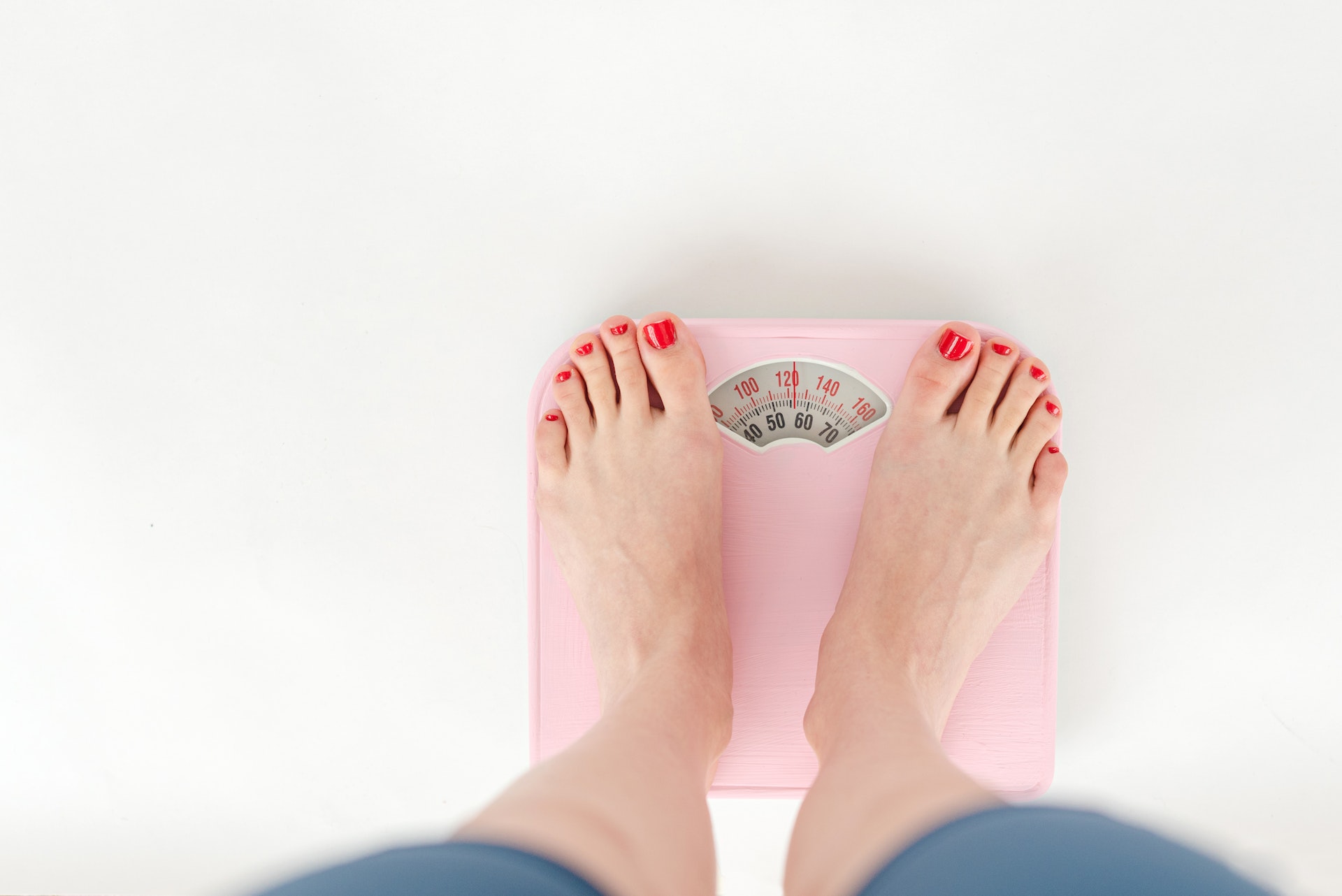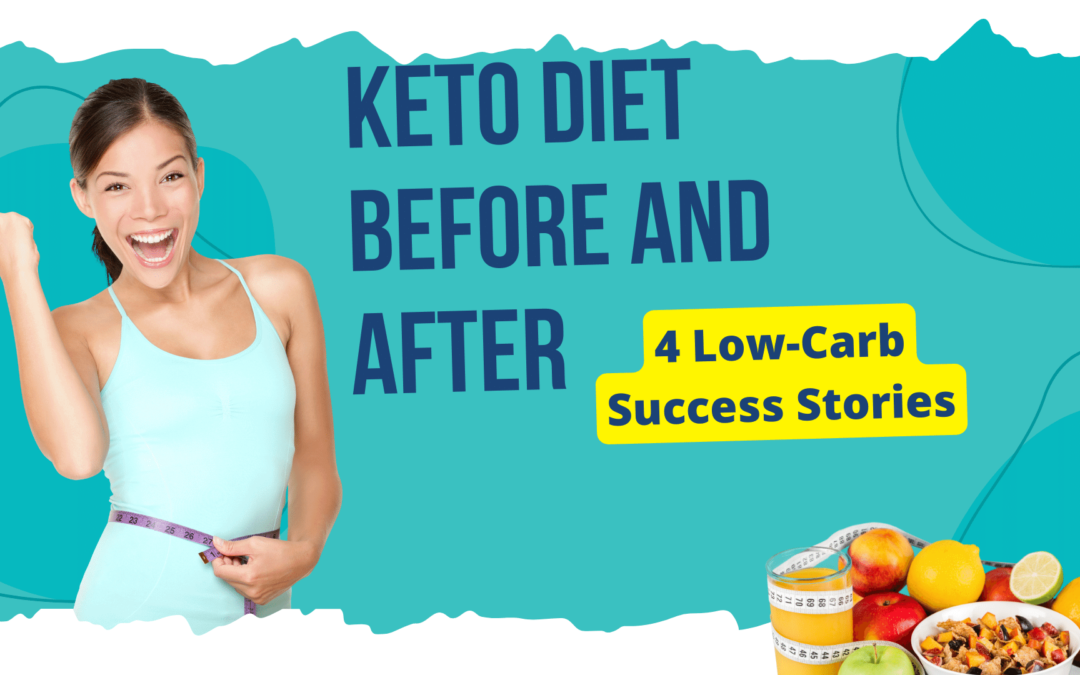The ketogenic diet has several health benefits, including improved energy, elimination of “blood sugar roller coaster” rides, and mental clarity. However, one of the primary reasons individuals go on keto is to lose weight. So, it’s understandably disheartening if you’re trying to lose weight on a keto diet and the scale isn’t moving. But don’t be disheartened. We’ve compiled a list of the most frequent reasons you might need to lose weight on keto and solutions to the problem.

Are You in Ketosis?
Before looking at other potential variables, let’s ensure you’re in ketosis. You may believe you are, but you must be genuinely in ketosis to get the advantages, including weight reduction. The easiest method to find out is to test your blood ketones and blood sugar levels to ensure they are not by ketosis.
If you know you’re in ketosis but still aren’t losing weight, examine the following:
Are Processed Keto Foods Kicking You Out of Ketosis?
As the keto diet has become popular, so have the food options. On the one hand, having alternatives is advantageous. However, there are some less-than-healthy alternatives accessible, such as deceptive keto snacks and sweets, and they might have an impact on your ability to stay in ketosis or lose weight for two simple reasons:
For starters, many “keto” manufactured meals are deficient in nutrients. You might gain weight and accumulate fat if your body needs more vitamins and minerals. (1)
Second, not all keto-friendly sugar substitutes are made equal. Some have no carbohydrates, but others have, which might drive you over your daily macros if you need to be more cautious. Worse, bio-individuality implies that some people will respond negatively to any or all of these sweeteners, potentially raising blood sugar and knocking them out of ketosis. Finally, some keto-friendly goods include enough carbohydrates to throw your macros off track.
To avoid complications, make sure that the majority of your macronutrients come from whole natural foods high in healthy fats, such as avocados, olives, eggs, wild-caught fish, pasture-raised meats, high-fat and low-carb dairy products, healthy oils (think olive oil and coconut oil), and non-starchy vegetables such as spinach, broccoli, cauliflower, and peppers. And, if you’re consuming packaged keto snacks, keep careful track of your macros and consider testing your ketones and blood glucose; it’s critical to determine whether your eating is interfering with your ketosis. Regardless, keep your diet clean and limit your intake of processed foods.
If you want keto-friendly meals instead of processed foods, Chocolate Peanut Butter Fat Bombs are a wonderful keto dish; visit our recipe area for more amazing keto recipes.
Are You Eating Too Many or Too Few Calories?
Excess calorie intake and eating incorrect items might be a factor in the difficulty of losing weight on the ketogenic diet. Overeating and exceeding your prescribed macronutrients (including fat intake) might result in weight gain rather than fat reduction. Fortunately, the deeper you get into ketosis, the less hungry you get, making overeating increasingly tricky. Eating too few calories can have a similar effect; when your body believes it is starving, it stores all it can. Just make sure you stick to your macros, and you should be alright. If you’re unsure, check your macronutrients; if you want to lose weight, you should eat at a healthy calorie deficit.
Are You Tracking Your Carb Intake?
You must note how many grams of carbohydrates you consume when eating keto. Otherwise, you may consume more carbohydrates than you realize, which might knock you out of ketosis. Some foods you would only assume had carbohydrates are moderately heavy in carbs. Dairy and nuts are two good examples. 14 cups of almonds offer 3 grams of net carbohydrates, but an extra handful (easy to ingest when snacking) raises the total to 6 grams of net carbs.
Tracking your food consumption on a macro-counting tool like Cronometer or Carb Manager is the best method to avoid miscounting or overdoing carbohydrates. You may only need to follow some things once you’ve mastered portion sizes, carb counts, and macronutrient ratios. However, tracking is a valuable tool early in your keto adventure to ensure you aren’t eating too many carbohydrates.
Are You Overeating Protein?
There’s a reason macros inform you how much fat, carbohydrates, and protein you should consume each day; sticking to macros helps you manage your meal planning and stay in ketosis. When too many grams of protein are taken by certain people, the body converts them to carbohydrates via a process known as gluconeogenesis! This might hurt your ketone levels. So, make sure you consume adequate protein without going overboard.
Might Lifestyle Factors Be Affecting Your Health (Stress and Cortisol Levels)?
Aside from what and how you eat, additional lifestyle variables might influence your weight. You may have the healthiest diet, follow keto strictly, manage your macros, eat nutritious foods, and yet struggle with weight loss. When this happens, it’s essential to consider another aspect of your lifestyle: stress. Being constantly on high alert and not having time to unwind might affect your ability to lose weight.
What occurs when you’re under stress?
When you are stressed, your body produces cortisol via the adrenal glands. Cortisol keeps the body on high alert. However, when it is elevated, it is also connected with a rise in belly fat. (2)
According to the article “Understanding the Stress Response” in Harvard Health Publishing, higher cortisol levels cause physiological changes that assist in replacing the body’s energy resources that are lost during the stress response. However, they unintentionally lead to fat tissue accumulation and weight gain. Cortisol, for example, increases appetite, so individuals will want to eat more to get energy. It also promotes fat accumulation of underutilized nutrients.”
Deep-breathing exercises, meditation, warm baths, yoga, walking (which helps to put the body in a parasympathetic or relaxed state), and mindful eating (eating while sitting, chewing your food thoroughly, and eating slowly) can all help with decreasing cortisol output and keeping your body more relaxed throughout the day. Remember to work out as well. Exercise not only aids in weight reduction but can also assist in alleviating stress by releasing feel-good chemicals like serotonin in the brain. (3) Getting adequate sleep is also essential.
Do You Have a Medical or Genetic Issue?
Some medical problems and health difficulties, such as hypothyroidism, PCOS, Cushing’s syndrome, depression, and hyperinsulinemia (high insulin levels), can make losing weight difficult. If you know you have one of them, you may have identified the source of your weight-loss plateau. If you need more time, it’s worth contacting your primary care physician to get tested, find out if something medical is interfering with your weight loss, and learn how to manage it to continue to lose weight healthily. Meanwhile, certain people have specific genes (many SLC22A5 SNPs) that make it difficult for fat to pass cell membranes and be liberated from the body. This is something else you should talk about with your doctor.
If All Else Fails: Try Intermittent Fasting
If you’re following the suggestions below to reduce weight but aren’t seeing any progress, try intermittent fasting. All creatures developed in circumstances where food was scarce. Fasting is an adaptation humans developed when food was low, allowing us to operate well in a food-deprived state. (4) Weight loss is one of the numerous advantages of intermittent fasting and is helpful for preventative health. (5) Intermittent fasting is defined as eating within a strict meal plan and fasting outside that schedule. Some folks, for example, will fast for 16 hours and then eat for eight hours.
Others prefer a narrower eating window of 6 or even 4 hours, while others consume only one meal daily. It may take some experimenting to determine the ideal eating window for you. Learn more about intermittent fasting by clicking here. Also, before beginning a new dieting regimen, always speak with your primary care practitioner or dietician.
The Final Word: If You Are in Ketosis and Not Losing Weight
Several factors can influence your ability to lose weight when on a keto diet (a low-carb, high-fat diet). If you’re having trouble losing weight, try the following:
- First, ensure that you are genuinely in ketosis by utilizing the Keto-Mojo blood glucose and ketone meter and downloading the free MyMojoHealth app, which allows you to track and monitor your ketones conveniently and will examine trends and graphs on your mobile device. Sign up for a MyMojoHealth account in the app to keep an infinite number of readings on a secure cloud platform, examine your assignments on numerous devices, connect your tasks to other popular health apps, and even share your lessons with your healthcare physician.
- Ensure you’re getting the correct calories for your keto diet, and cut back if you’re getting too much. Use the MyMojoMacros calculator if you’re wondering how many calories you should aim for to accomplish your goal.
- Track your macronutrients to ensure you enjoy a high-fat, low-carb diet, stay in ketosis (a fat-burning state in which your body uses ketones for fuel), burn body fat, and achieve your goal body weight. We recommend using an app like Cronometer or Carb Manager (you can get a discount on the premium versions of these apps by clicking on the links). If you sign up for MyMojoHealth, you can transfer your glucose and ketone readings to the nutritional apps, allowing you to monitor all your metrics in one spot.
- Avoid eating too many processed foods since they might raise blood sugar and carbohydrate consumption.
- Reduce as much stress as possible.
- Most keto dieters may get back on track with their keto weight loss strategy and accomplish fat loss by following these steps.







0 Comments